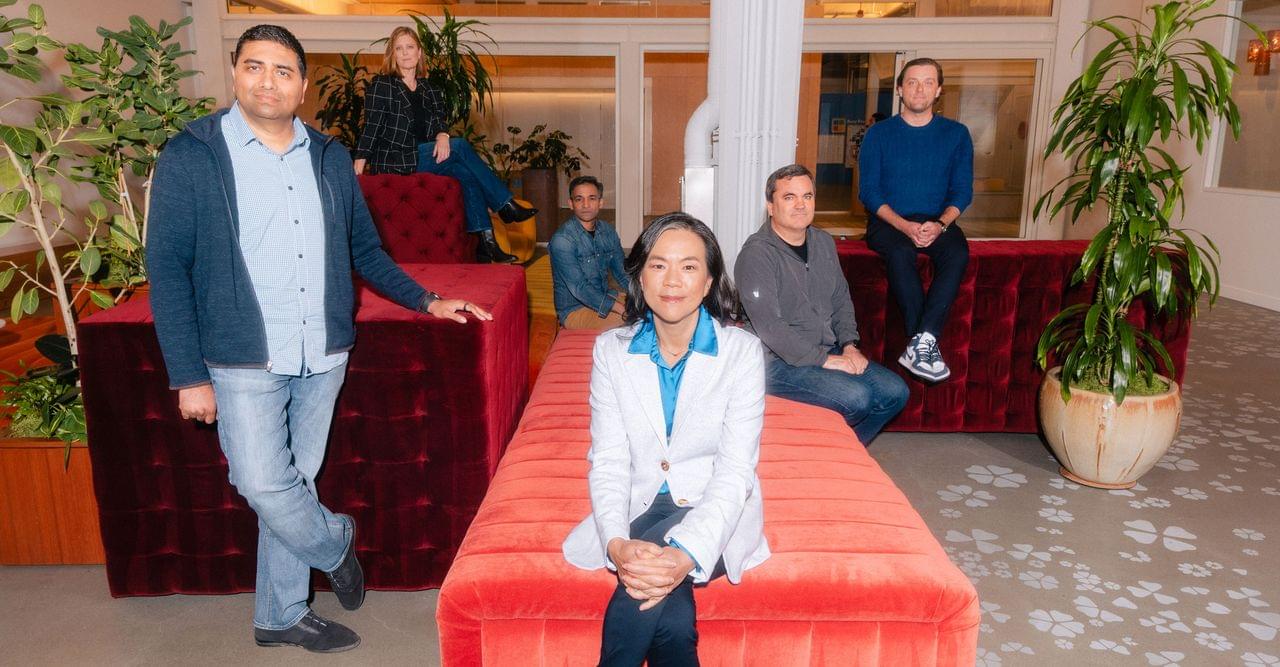You can boost your health by indulging in “exercise snacks,” short bursts of activity that encompass almost any type of movement such as walking or climbing stairs.


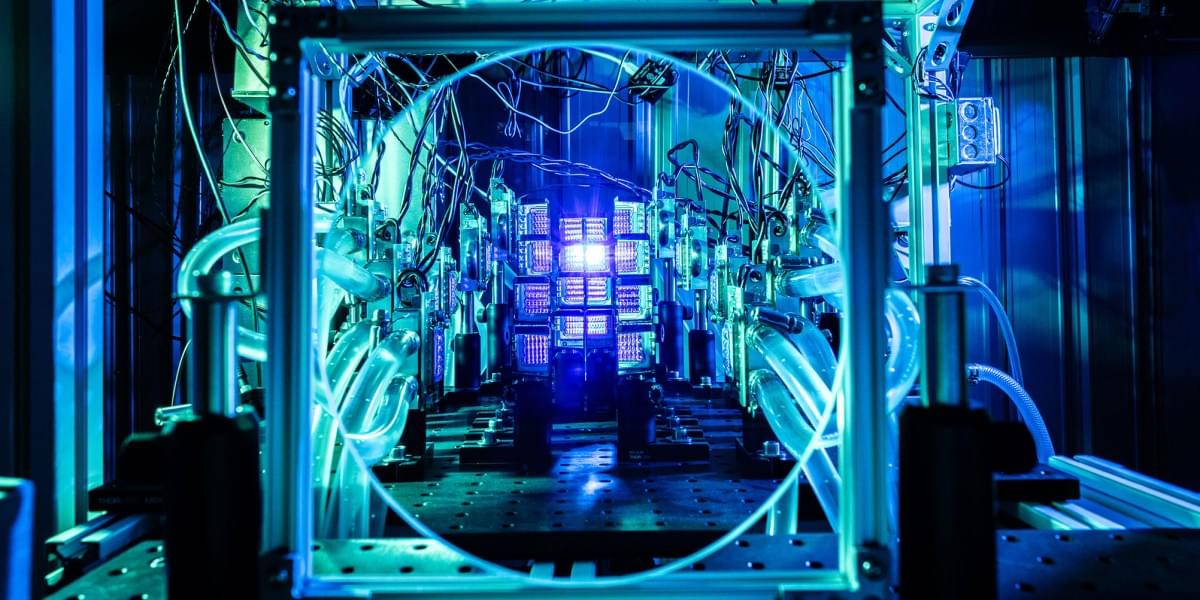
Where can you find lasers, electric guitars, and racks full of novel batteries, all in the same giant room? This week, the answer was the 2025 ARPA-E Energy Innovation Summit just outside Washington, DC.
Energy innovation can take many forms, and the variety in energy research was on display at the summit. ARPA-E, part of the US Department of Energy, provides funding for high-risk, high-reward research projects. The summit gathers projects the agency has funded, along with investors, policymakers, and journalists.
Hundreds of projects were exhibited in a massive hall during the conference, featuring demonstrations and research results. Here are four of the most interesting innovations MIT Technology Review spotted on site.
From laser steel to fuel made from rocks, we look inside the 2025 ARPA-E energy technology conference.
Buying a Tesla? Use my referral link and get up to $1,000 off.https://ts.la/herbert23392My daughter: https://ts.la/amanda443323My website: https://www.Herber…
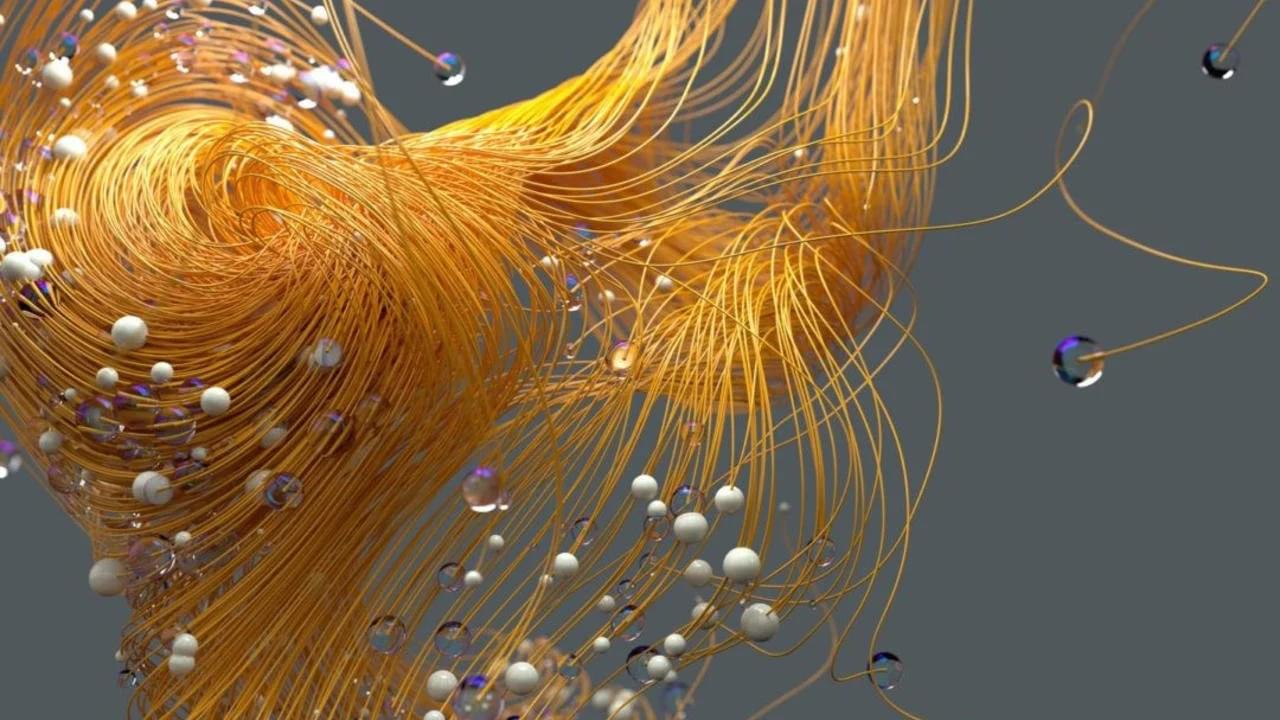
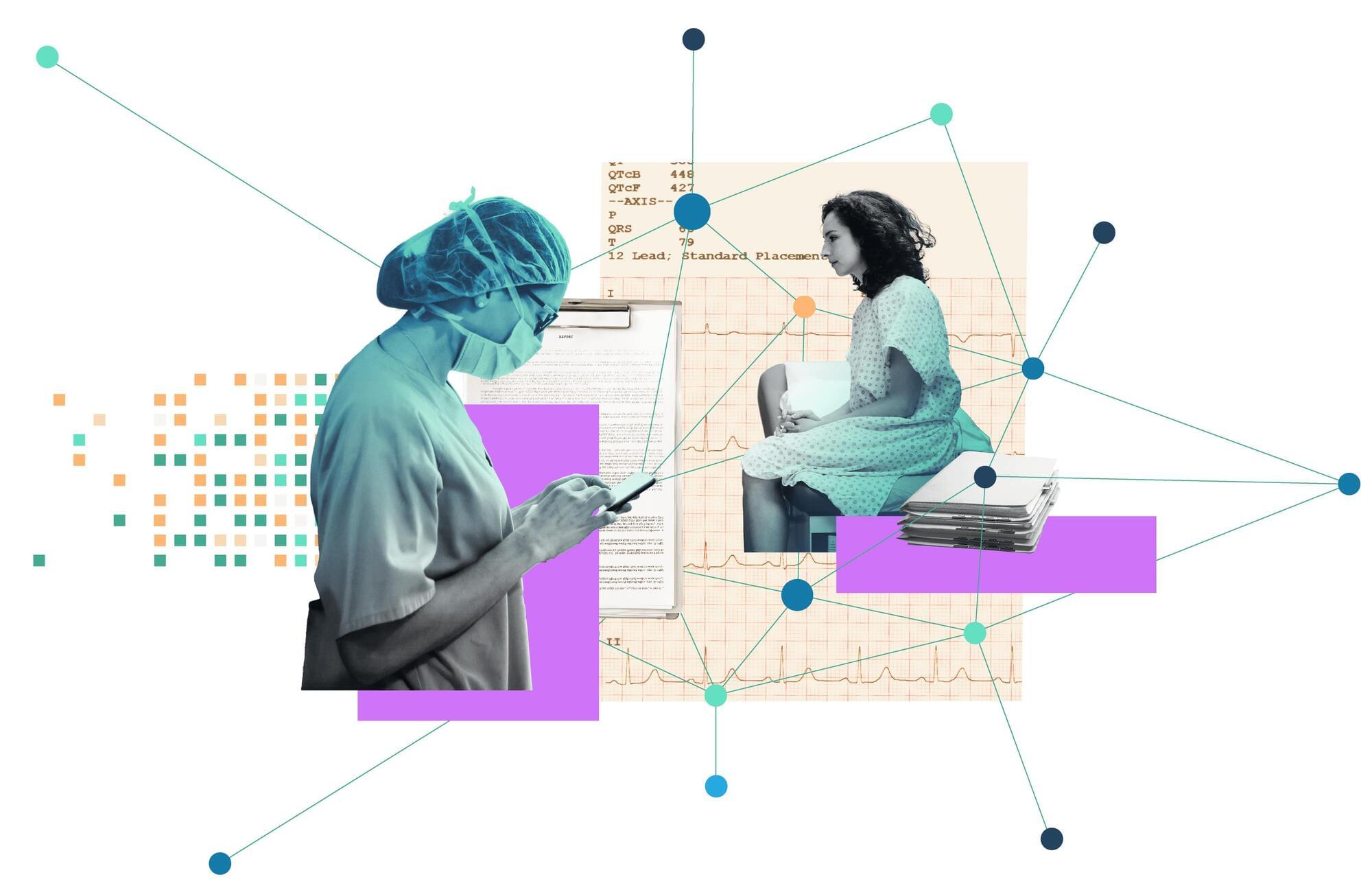
Artificial intelligence in various forms has been used in medicine for decades — but not like this. Experts predict that the adoption of large language models will reshape medicine. Some compare the potential impact with the decoding of the human genome, even the rise of the internet. The impact is expected to show up in doctor-patient interactions, physicians’ paperwork load, hospital and physician practice administration, medical research, and medical education.
Most of these effects are likely to be positive, increasing efficiency, reducing mistakes, easing the nationwide crunch in primary care, bringing data to bear more fully on decision-making, reducing administrative burdens, and creating space for longer, deeper person-to-person interactions.
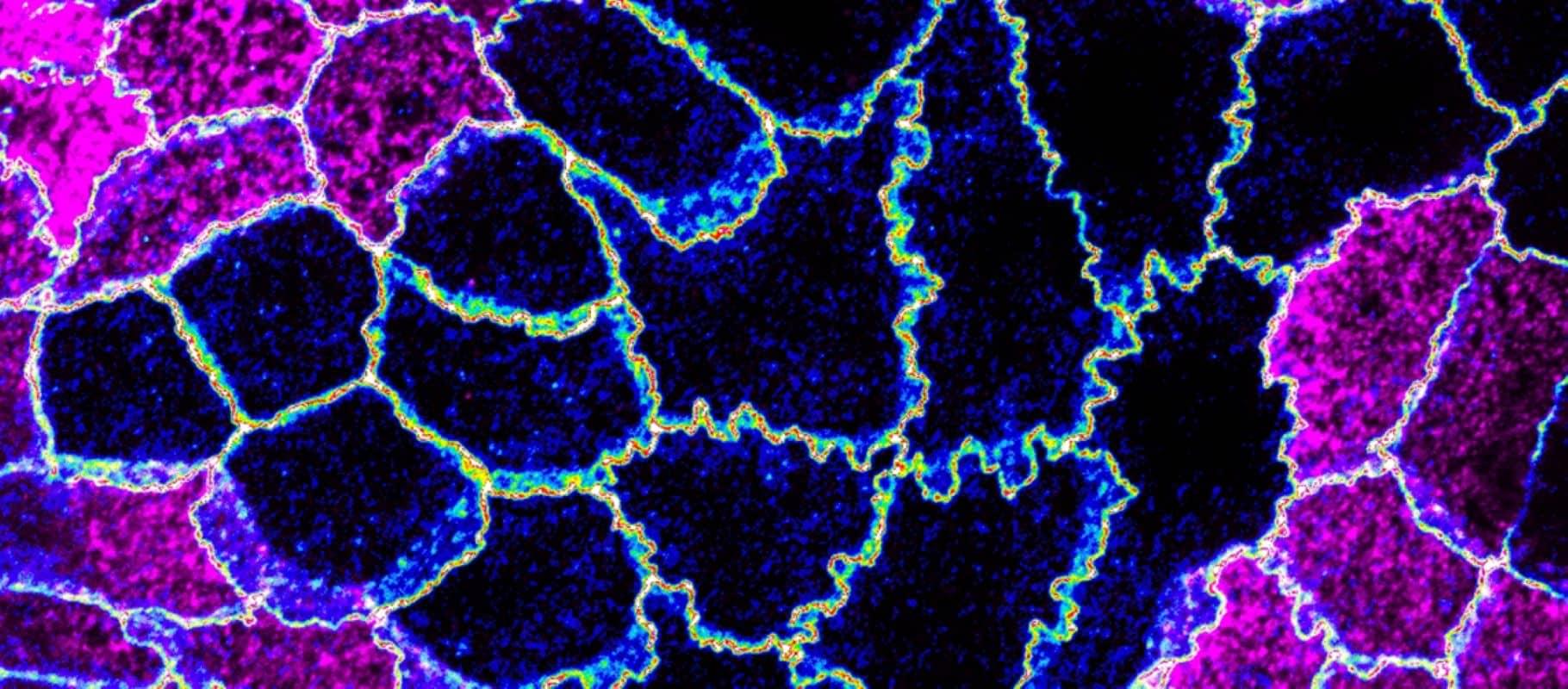
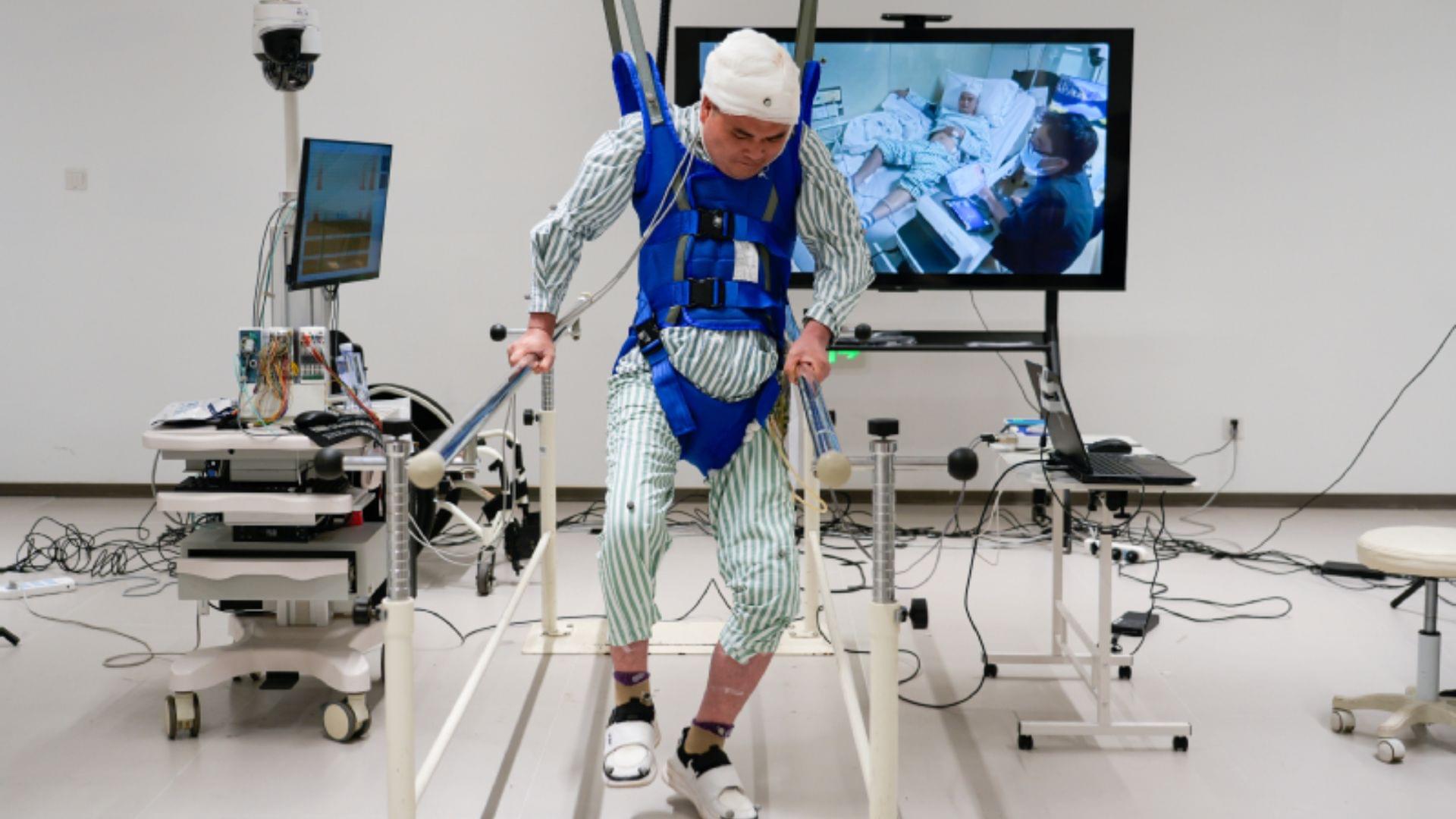
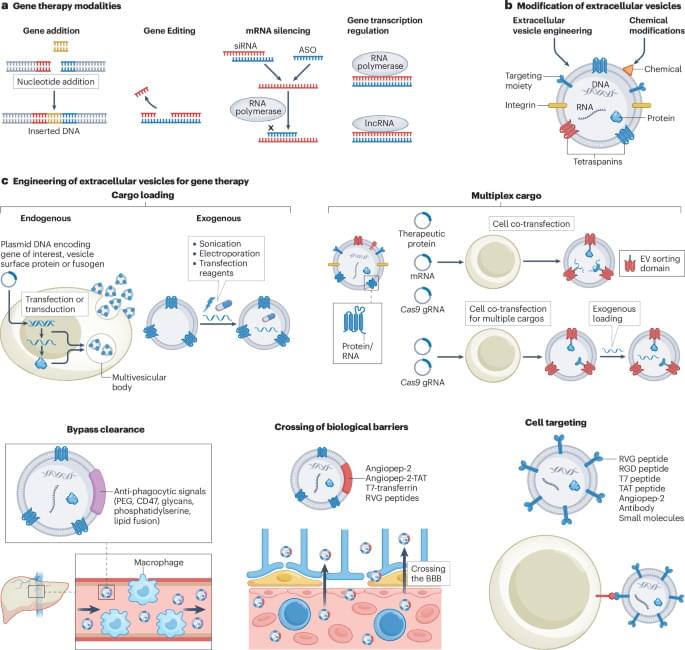
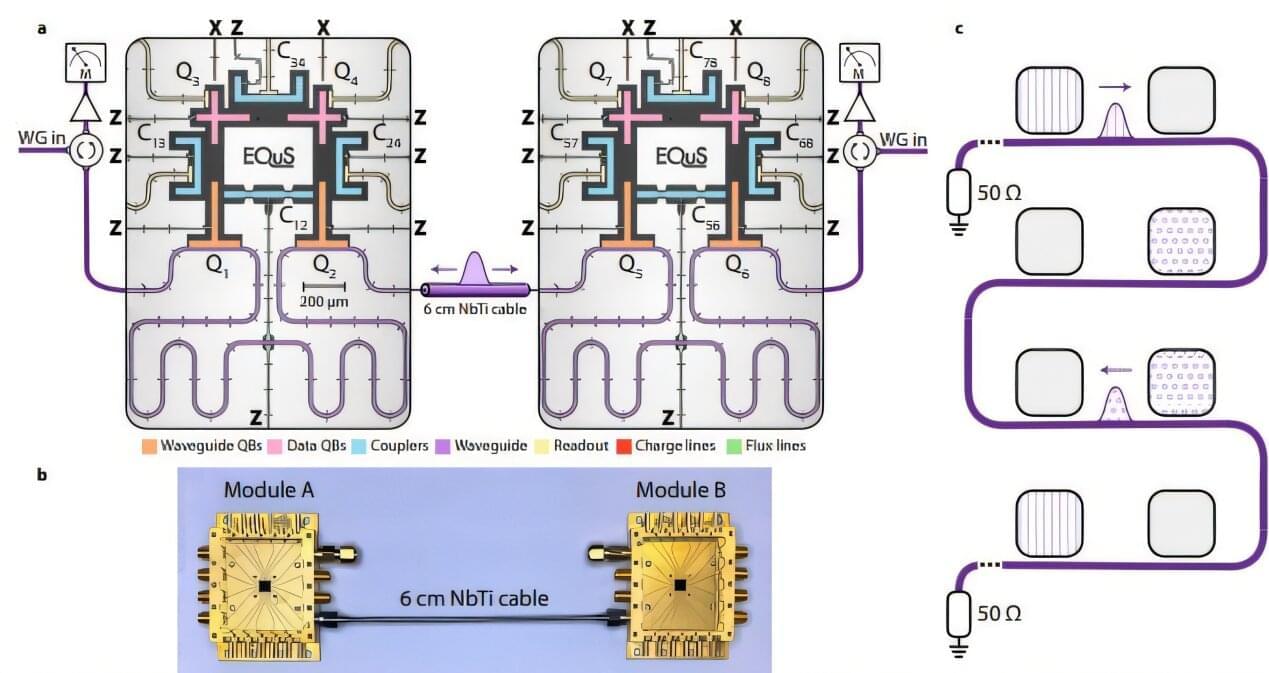
Quantum computers have the potential to solve complex problems that would be impossible for the most powerful classical supercomputer to crack.
Just like a classical computer has separate yet interconnected components that must work together, such as a memory chip and a CPU on a motherboard, a quantum computer will need to communicate quantum information between multiple processors.
Current architectures used to interconnect superconducting quantum processors are “point-to-point” in connectivity, meaning they require a series of transfers between network nodes, with compounding error rates.
